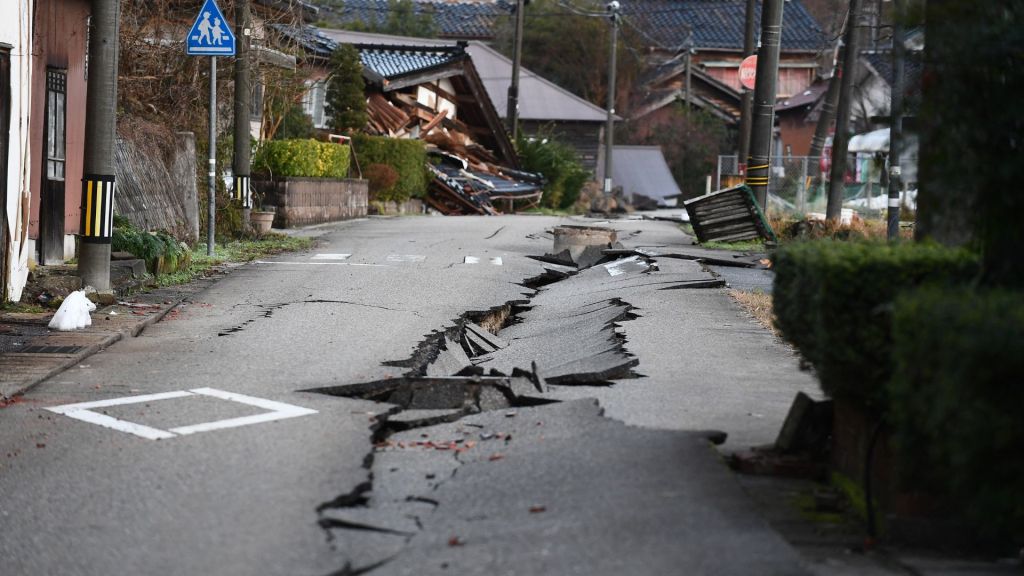Lost Childhood, Gray Tomorrows

Cox’s Bazar, Bangladesh — Under the tin-roofed shelters of the world’s largest refugee settlement, a silent battle is underway — not just for survival, but for the soul of a generation. For thousands of teenage Rohingya boys, the refugee camps in Cox’s Bazar are not just a sanctuary from Myanmar’s military crackdown; they have become a breeding ground for despair — and, in some cases, radicalization.
Life in Limbo
Fifteen-year-old Anwar (name changed) has never seen a classroom since fleeing Rakhine as a child in 2017. He spends his days loitering in makeshift tea stalls and playing carrom in narrow alleys. “I wanted to be a doctor. Now, I just want to leave,” he says with a blank stare. His words echo a common refrain among refugee teens who have grown up in overcrowded camps, with no formal education, no legal employment, and no future in sight.

The Recruitment Trap
It is in this vacuum that extremist groups have found fertile ground. According to local intelligence and security sources, banned outfits like Arakan Rohingya Salvation Army (ARSA) and other transnational extremist networks have been quietly recruiting disillusioned youth like Anwar, luring them with money, identity, and a promise of power. Some are sent for arms training in nearby forest hideouts; others are used for carrying messages, logistics, or as informants.
“Teenagers are easy targets. They are angry, unemployed, and invisible to the system,” said a senior police officer posted in Ukhiya. “The recruiters speak their language — of injustice and revenge.”
Shadow Networks and Fear
Residents report that some sections of the camps are virtually under the control of armed groups. Dissent is silenced. Those who resist recruitment or speak out are often threatened or killed. In the past year alone, multiple Rohingya community leaders have been assassinated, allegedly by ARSA-linked operatives.
Camp authorities, supported by law enforcement and international NGOs, have increased patrols and attempted deradicalization efforts, but the scale of the problem remains daunting.

Lack of Education and Engagement
A UNICEF report warns that more than half of Rohingya adolescents in the camps lack access to secondary-level education. Without education or vocational training, many teenagers drift toward criminal networks, drug trade, or worse.
“Give us schools, give us hope,” pleads Anwar, who says he recently turned down an offer from a camp-based recruiter who promised 10,000 taka for a “small job.”
A Ticking Time Bomb
Analysts warn that without urgent and sustained intervention, the radicalization of Rohingya youth could destabilize not just the camps but regional security. “We are looking at a lost generation in the making,” said a Dhaka-based counter-terrorism expert. “The world must act before desperation turns into danger.”
For Anwar and many like him, the refugee camps offer little more than uncertainty. Caught between a brutal past and a bleak future, they are left vulnerable to forces that seek to exploit their frustration. Whether they end up in a classroom or a training camp depends not only on local policy but on global will.






















